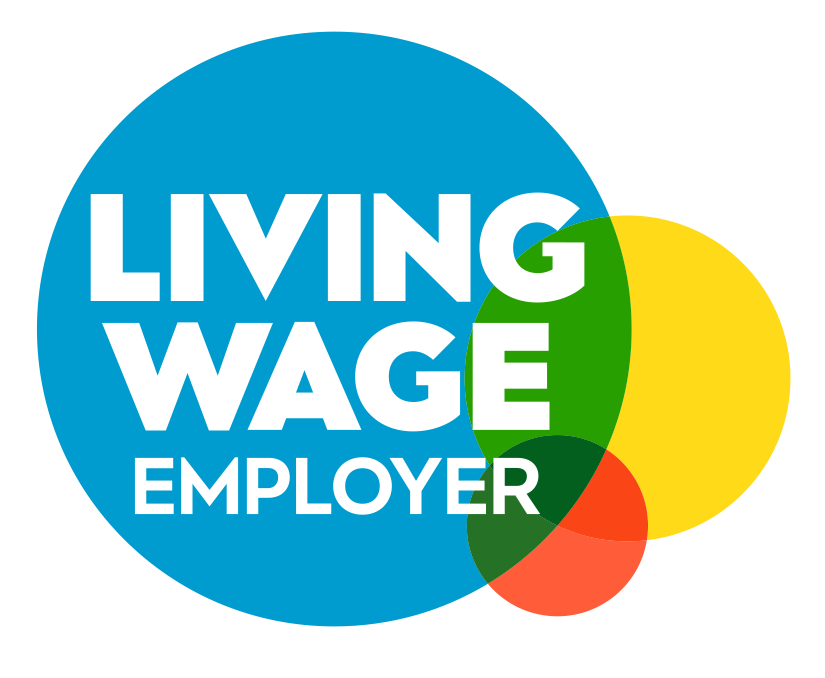Timestamps:
0:00 - Intro
3:01 - What are Responsive Search Ads?
5:11 - The key elements for RSA setup
6:56 - Target audience vs. Anti audience
8:54 - How important is the ‘Ad Strength’ metric?
12:04 - Common mistakes & pitfalls to avoid
14:01 - Should you use ChatGPT for RSA ad copy?
15:55 - When you should pin vs. shouldn’t pin
17:34 - Key factors to keep in mind with RSA campaigns
19:08 - Creating & targeting more niche audiences
21:21 - Troubleshooting underperforming RSAs
23:10 - What will the future hold for RSAs?
25:45 - How AI overviews impact PPC
27:34 - Running ads in LLMs?
Overview:
RSAs often fail when marketers take Google’s “helpful suggestions” at face value - or worse, get ChatGPT to do the heavy lifting for them.
Relying on automatically generated headline ideas or asset suggestions might tick the boxes for high ad strength - but it rarely leads to meaningful conversions.
To help marketers create high-ROAS Responsive Search Ads, we spoke to Amy Hebdon, founder of Paid Search Magic, on the latest episode of the Paid Media Lab.
According to PPCSurvey, Amy is one of the top 5 most influential experts in paid search right now. And after watching this episode, it's easy to see why.
Watch the full episode to get Amy's full step-by-step guide on creating high performing RSAs.
💡 Key insights from the episode:
⚡ Why ad strength is a misleading metric
⚡ How to qualify and disqualify clicks using your copy
⚡ The danger of letting Google or ChatGPT write your ads
⚡ When to pin RSA headlines - and when not to
⚡ How to troubleshoot RSAs that aren’t converting




.png)





